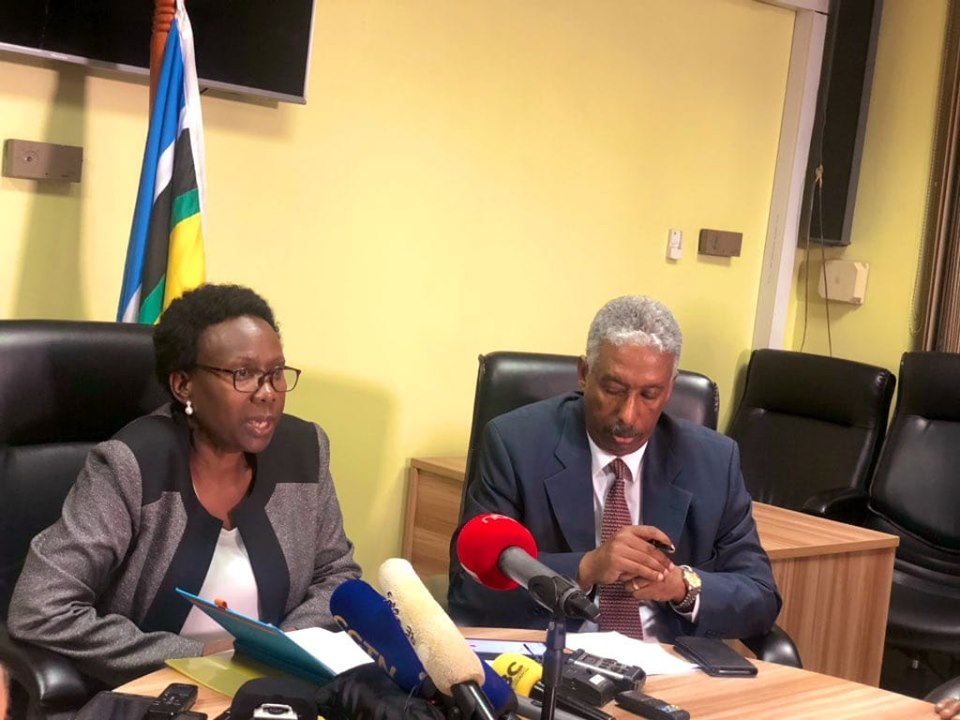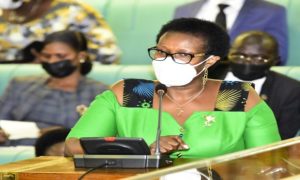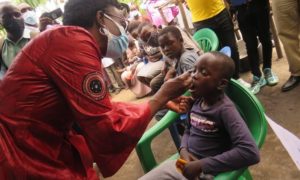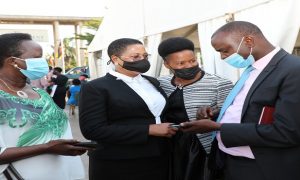
Dr. Ruth Aceng the Minister of Health has confirmed an Ebola outbreak in Kasese District, that boarders with the Democratic Republic of Congo.
The confirmed case is a five-year-old boy who has been admitted and isolated at Bwera Hospital Ebola Treatment Unit as he undergoes further management.
The minister added that the team of experts follows up the deceased family members, two more samples have been taken and eight contacts followed.
The child and his family entered the country through Bwera Border post and sought medical care at Kagando hospital where health workers identified Ebola as a possible cause of illness and sent him to Bwera hospital.
The Ministry of Health and WHO have dispatched a Rapid Response Team to Kasese to identify other people who may be at risk, and ensure they are monitored and provided with care if they also become ill.
Uganda has previous experience managing Ebola outbreaks.
In preparation for a possible imported case during the current outbreak in DRC, Uganda has vaccinated nearly 4700 health workers in 165 health facilities (including in the facility where the child is being cared for); disease monitoring has been intensified; and health workers trained on recognizing symptoms of the disease. Ebola Treatment Units are in place.
In response to this case, the Ministry is intensifying community education, psychosocial support and will undertake vaccination for those who have come into contact with the patient and at-risk health workers who were not previously vaccinated.
Ebola virus disease is a severe illness that is spread through contact with the body fluids of a person sick with the disease (fluids such as vomit, feces or blood).
First symptoms are similar to other diseases and thus require vigilant health and community workers, especially in areas where there is Ebola transmission, to help make diagnosis.
Symptoms can be sudden and include:
• Fever
• Fatigue
• Muscle pain
• Headache
• Sore throat
People who have been in contact with someone with the disease are offered vaccine and asked to monitor their health for 21 days to ensure they do not become ill as well.
The investigational vaccine being used in DRC and by health and frontline workers in Uganda has so far been effective in protecting people from developing the disease, and has helped those who do develop the disease to have a better chance of survival.
The Ministry strongly urges those who are identified as contacts to take this protective measure.




























